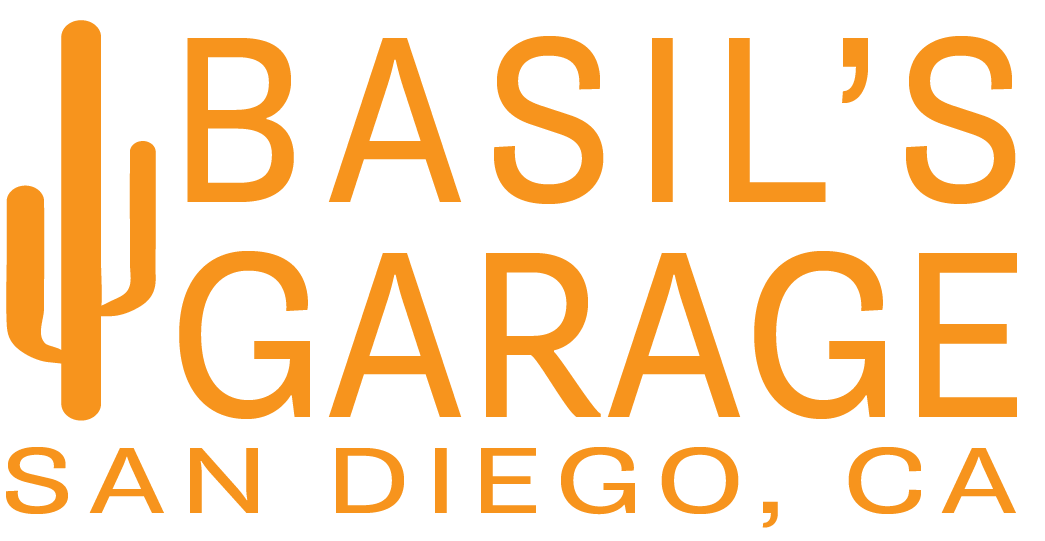The Chalkboard to End All Chalkboards.
Adopting a Design to Value approach is achievable.
Is on-site construction really all that bad?.Construction sites could be defined as locations where finished assets are built.

They can be messy, congested, dirty and chaotic places.But they don’t have to be.If the construction process can be transformed into the streamlined and predictable assembly of pre-manufactured parts, combined with on-site construction processes that are carefully managed to add the maximum value, much greater productivity can result.. To give a slightly left-field example, consider a circus tent.

Typically, these large structures are put up overnight by a small team of trained operatives.In a budget-conscious industry, every hour counts, so assembly is planned to be as quick as possible, and disassembly is just as quick.

It would be even quicker if the tent was pre-erected, of course, but this doesn’t make sense from a transportation and logistics perspective.
Instead, they use a component kit-of-parts that is easily handled and takes up very little space during transportation.On one hand, a Passivhaus building will need triple glazing, additional insulation and airtight membranes.
The heat pump may contain refrigerants with high global warming potential and the MVHR unit will require insulated ductwork.Much of this may be made out of materials with high embodied carbon such as aluminium or blown plastics.
This additional material volume becomes additional embodied carbon.. On the other hand, a Passivhaus design tends to be a more compact shape, thus less materials used.Due to its more efficient envelope performance, a Passivhaus building needs a small heating system, and due to its reduced energy demand, it requires a smaller PV array.
